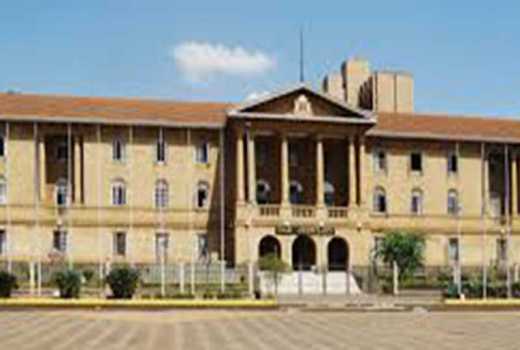×
The Standard e-Paper
Join Thousands Daily

The Government is free to continue advertising its achievements under the banner 'Government Delivers'.
This was after the Court of Appeal temporarily suspended orders outlawing the campaign.